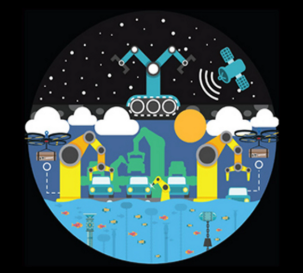In today’s fast-paced digital learning environment, virtual tutors are gaining remarkable popularity. These AI-powered or human-assisted online tools are transforming how learners of all ages access support, get clarification, and boost their academic confidence — all from the comfort of their own devices.
A New Era of Academic Support
Virtual tutors have made one-on-one guidance more accessible than ever. Whether it’s helping a middle schooler understand algebra or supporting a college student with essay feedback, these digital assistants can provide timely, personalized instruction without the need for physical meetings.
What makes virtual tutoring especially appealing is the flexibility it offers. Learners can get help at any time of the day, making it ideal for after-school hours, weekends, or last-minute test prep.
Smart Technology Behind the Scenes
Many virtual tutoring platforms are powered by smart technologies like natural language processing and machine learning. These tools can assess a student’s level, identify where they’re struggling, and provide clear explanations in a friendly, supportive way.
Some platforms even offer interactive lessons, quizzes, and real-time chat giving users a classroom-like experience in a digital format.
Benefits for Students and Educators
Virtual tutors aren’t just a win for students. Teachers and parents also benefit. Educators can recommend tutoring platforms to reinforce classroom material, while parents appreciate the additional layer of academic support their children receive.
For independent learners or homeschooling families, virtual tutors have become a trusted companion in maintaining learning momentum and tracking progress.
Growing Demand in the Education Market
The increased need for remote learning and flexible educational tools has fueled the demand for virtual tutoring services. Schools, edtech companies, and content creators are increasingly integrating tutoring features into their platforms.
This trend reflects a broader movement toward personalized learning meeting each student where they are and guiding them at their own pace.
Looking Ahead
As technology continues to evolve, virtual tutors are expected to become even more intuitive and interactive. With features like voice assistance, gamified learning, and emotional tone recognition on the horizon, digital tutoring is set to remain a key player in the future of education.






